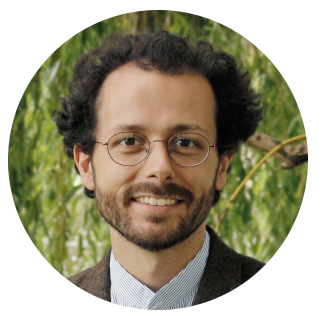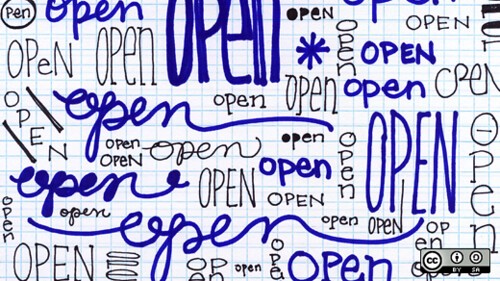This is the retranscription of a short input I gave at the FABxLive online conference, in Leopold Zyka’s workshop session on OpenEcoLabs “From FabLabs to OpenEcoLabs, towards a regenerative global civilisation made of cooperating villages”. I was invited to introduce the newly published standard DIN SPEC 3105 – Open Source Hardware.
In short
- What is DIN SPEC 3105? A standard delivering an explict definition of the term “Open Source Hardware” based on objective and enforceable criteria. This means: it provides a reference to make the difference between what is open source hardware and what is not.
- Why do we need that? You may already know the Open Source Hardware Definition 1.0 hosted by the Open Source Hardware Association (and if not: this is a definition that is quite generally accepted in the field). The problem with this definition is that it is quite vague: while it tells you exactly under which terms you should share your hardware documentation, it does not tell you what you should put in the documentation. To put it bluntly: you can be compliant with this defintion by sharing pretty much nothing and you can sell this as open source hardware as long as you choose the right license.
- So how does the DIN SPEC 3105 addresses this?
- DIN SPEC 3105 part 1 (“Open Source Hardware – Requirements for documentation”) extends the already existing definition by the OSHWA so we now have an explicit reference of 1) what is the minimal set of information you need to share and 2) under which terms you sould share this information so a piece of hardware qualifies as Open Source Hardware.
- DIN SPEC 3105 part 2 (“Open Source Hardware – Community-based assessment”) defines requirements for a community-based certification procedure. The idea is to copy the peer-review process used in scientific publishing, so that certifications are not granted by a central entity but by the community itself. This is as far as I know a quite unique model in the field of product certification procedures, but that’s a model that is very valuable because it fits well the the ethos of the open source hardware communities.
The story behind DIN SPEC 3105
- Project started march 2019
- 20+ people involved in the working group and 50+ in the mailing list
- 25+ institutions represented, mostly from the EU, the US, and latin America, among which the Open Source Hardware Association (OSHWA)
- V1.0 published 26 June
- Official version available free of charge in the Beuth Editions Webshop (but requires registration)
- Community version available without registration in the working group’s GitLab repository
Next steps after publication of V1.0
- We are working on a first wave of certifications and for that we are currently looking for volountary projects and reviewers.
- The idea is to test the standard in practice and to identify any necessary amendments that need to be made.
- This process is facilitated by Open Source Ecology Germany. They are setting up the necessary IT infrastructure (project archive, submission portal, discussion platform, etc.). Should be online in fall 2020.
- Call for applications: you have an open source hardware project and you would be interested in supporting this project by testing the certification process? Contact us (at best mh@oho.wiki)!
- Call for reviewers: you would be interest in supporting the project by reviewing or testing open source harware submitted by others? Any profile welcomed. Contact us (at best mh@oho.wiki)!
The icing on the cake
- First open source standard ever published by a national standardisation institute
- DIN SPEC 3105 was a pilot project for DIN to develop a new open standardisation processes as part of their portfolio
- As a result, DIN SPEC 3105 V2.0 will be the result of an open standardisation process where anybody can participate.
- DIN works to promote OSH in well established institutions, such as
- VDI (Association of German Engineers)
- BMWi (German Ministry of Economy)
Further development steps
- Discussions with ISO to make it an ISO standard (with the suport of DIN)
- Working in a “Part 3” (DIN SPEC 3105-3) part that would integrate the Open Know-How Manifest Specification 1.0 which is another standard that came up this year about discoverability of open hardware. Here it is about defining metadata format to facilitate finding and referencing hardware on the internet.
Read more
- Article Standarisation of practices in Open Source Hardware, preprint on ArXiV
- my University of Bath profile
- EU project OpenNext
Illustration: Opensourceway, CC-BY-SA 2.0

